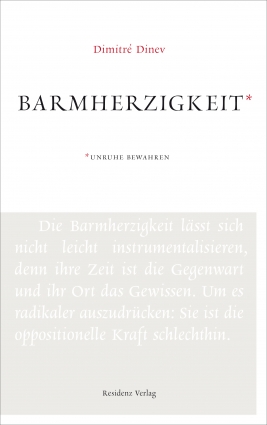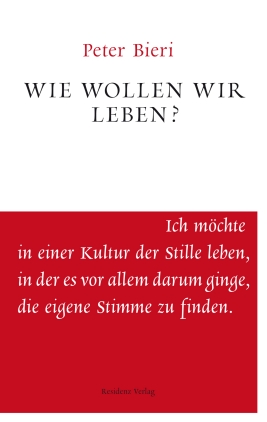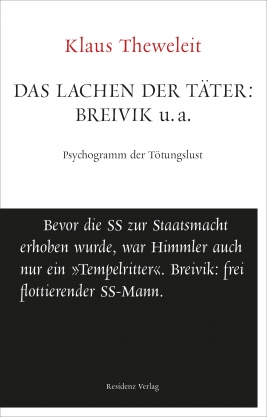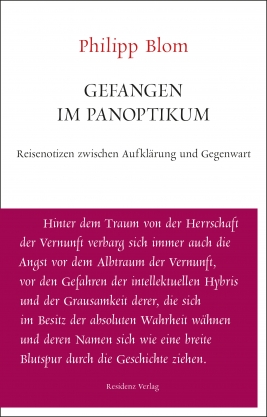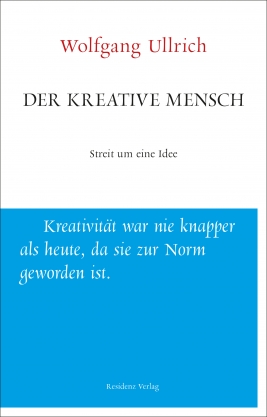
Wolfgang Ullrich - The creative human
Struggling for Ideas
On the difficulty of finding the creative You. An inspiring analysis. Ullrich's style is clear; he writes elegant, poignant, and precise texts, without the excessive emphasis typically found in this genre. [Christian Demand, BAYRISCHER RUNDFUNK]
Creativity has never been as topical as it is today. It is no longer the privilege of few, but is rather considered a basic human skill. If you want to be up to date, you better choose something like poetry or expressive dance, painting or spinning the decks. The pressure to be creative overwhelms a lot of people and produces more stress than release. As a result, many seek new ways to be creative and inspiration is in high demand. Consumer products advertise with mentally stimulating qualities, while the wellness industry thrives on the promise of uncovering hidden creativity deep within. And art is no longer expected to produce great masterpieces, but is rather called upon to create creative atmospheres. Creativity as a problem – Wolfgang Ullrich's unexpected ideas shed new light on the subject.
Book details
from the series "Keeping Uncalm"120 pages
format:140 x 220
ISBN: 9783701733880
Release date: 08.03.2016
License rights
- World rights available






